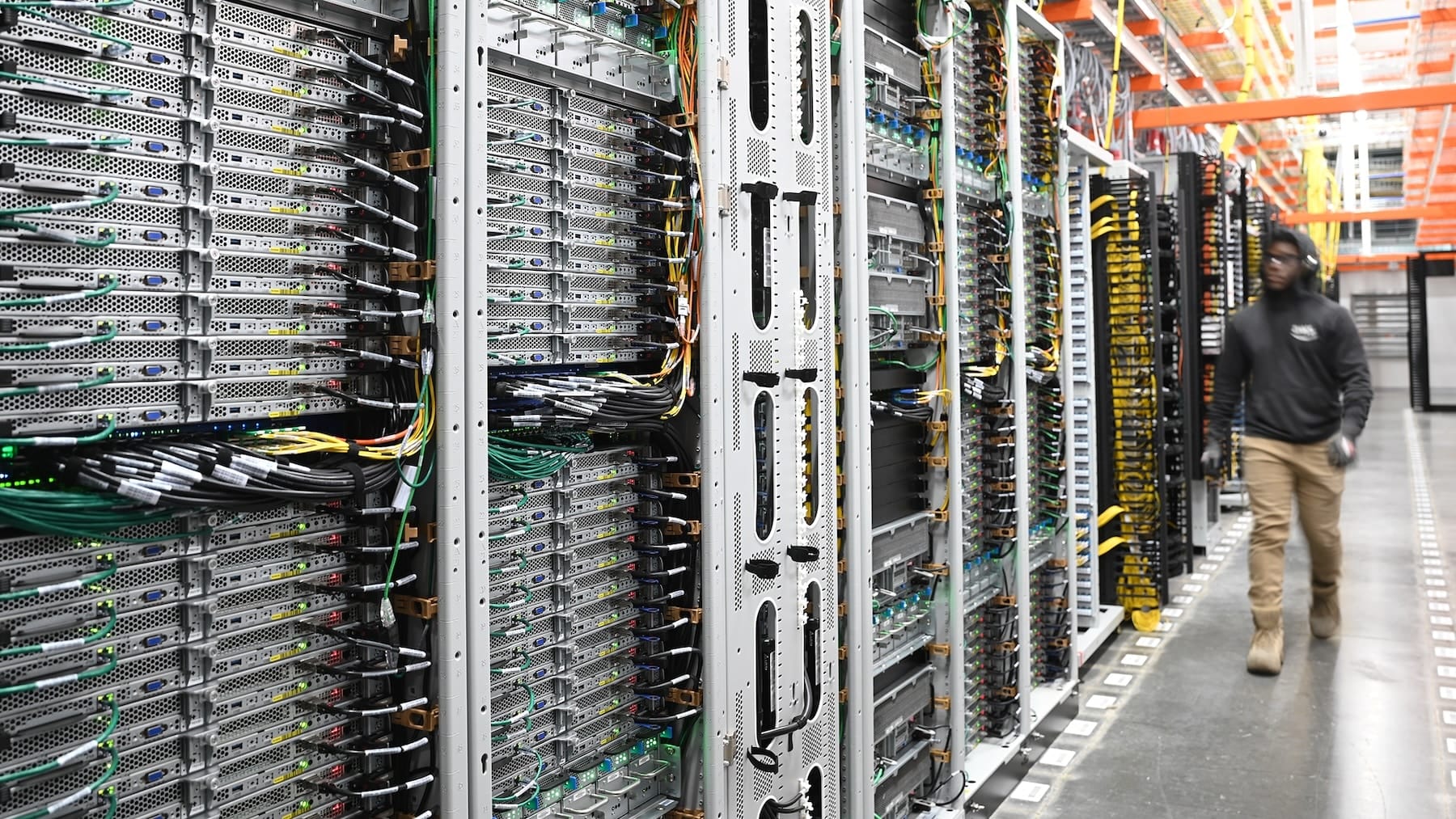The data center industry continues to thrive, driven by global digital transformation and the growing demand for data storage. By 2025, emerging data center regions are setting the pace, offering strategic locations, technological innovations, and scalable solutions. Below, we highlight the most important regions, starting with Europe, a key market in the development of sustainable and advanced data centers.
1. Europe: Leadership in Sustainability and Emerging Players
Europe continues to establish itself as one of the most advanced regions for data centers, thanks to its focus on sustainability, technological innovation, and its strategic position on the global map. While countries like the UK, Germany, and the Netherlands have historically dominated the sector, new locations are emerging forcefully.
Emerging Players in Europe:
- Poland: Warsaw is experiencing rapid growth as a tech hub. International companies are investing in infrastructure in the region to take advantage of its proximity to Western Europe and its low operational costs. Furthermore, connections to high-capacity fiber optic networks are attracting cloud providers.
- Spain: Madrid and Barcelona are becoming tech hubs in Southern Europe. With strategic access to Africa and Latin America, along with robust energy infrastructure, both cities are attracting investments from companies like Equinix and Microsoft.
- Scandinavia: Sweden, Norway, and Finland stand out for their ability to generate sustainable data centers thanks to the use of renewable energy, such as hydroelectric power. Additionally, the naturally low temperatures help reduce cooling costs.
The Focus on Sustainability:
Europe leads in implementing carbon-neutral data centers. The European Union’s Climate Pact has accelerated the transition to renewable energy, with a growing number of facilities designed to minimize environmental impact. Countries like Denmark and the Netherlands are pioneers in recycling the heat generated by data centers to supply urban heating systems.
2. United States: Beyond Traditional Hubs
In the United States, while centers like Northern Virginia continue to dominate, secondary markets are gaining relevance due to lower operational costs and greater land availability.
- Growth in Key Cities: Cities like Phoenix, Atlanta, and Dallas are attracting investments due to a combination of cheaper energy, abundant land, and proximity to critical infrastructure.
- Innovative Projects: Near Phoenix, one of the largest data center campuses in the country is being developed following a $136 million investment.
- Impact of AI: The rise of artificial intelligence is driving demand for capacity in data centers, especially for compute-intensive workloads.
3. India: Transformation Driven by Technology
India is experiencing unprecedented growth in its data center market, driven by accelerated digitalization and government policies favoring data localization.
- Market Growth: The industry is expected to reach $8 billion by 2026, doubling its current size.
- Significant Investments: Giants like Amazon Web Services, Google, and Microsoft are developing large-scale data centers in cities like Mumbai, Hyderabad, and Bangalore.
- Strategic Policies: Data localization regulations are forcing global companies to store information within the country, stimulating the construction of local infrastructure.
4. Southeast Asia: A Cluster of Opportunities
Regions like Malaysia, Indonesia, Thailand, and Vietnam are consolidating as emerging data center hubs.
- Strategic Proximity: These locations offer a combination of competitive energy costs and close access to global markets.
- Highlighted Projects:
- Malaysia: Microsoft is investing $2 billion in AI-driven data centers in Johor.
- Indonesia: With an annual growth rate of 12.95%, the market is expected to reach $3 billion by 2026.
- Trends: The adoption of green data centers and renewable energy is becoming increasingly popular.
5. Middle East: The Bridge Between Continents
The Middle East is emerging as a key hub, connecting Europe and Asia.
- Highlighted Locations: Dubai, Riyadh, and Istanbul are attracting investments due to their global connectivity and favorable business climates.
- Sustainability: Regional governments are promoting the use of renewable energy, aligning with global trends in sustainability.
6. Africa: A Growing Region
Africa, with a still-developing digital ecosystem, is waking interest as an emerging market.
- Key Locations:
- South Africa: Johannesburg and Cape Town are leading with significant international investments.
- Kenya and Nigeria: Both countries are emerging as tech hubs, driven by 5G infrastructure and submarine cables.
- Projection: Improved digital infrastructure and access to global connectivity are creating new opportunities.
7. Brazil: The Digital Giant of Latin America
Brazil, as a leader in Latin America, is experiencing remarkable growth in its data center industry.
- Highlighted Projects: Grupo FS will invest $1.8 billion in three state-of-the-art data centers. Companies like Ascenty, Equinix, and ODATA are expanding their presence to meet the growing demand for cloud services and artificial intelligence.
- Market Growth: The Brazilian industry is projected to grow at an annual rate of 13% over the next five years.
- Competitive Advantages: Brazil has a combination of political stability and renewable energy resources that make it an attractive destination for tech investments.
Key Trends Driving Global Growth
- Edge Computing: Smaller, localized data centers are proliferating to reduce latency.
- Sustainability: Green data centers are being adopted as the standard, especially in Europe.
- Artificial Intelligence: AI is improving operational efficiency and scalability of data centers.
- Government Support: Incentive policies are fostering infrastructure growth in many regions.
Conclusion
By 2025, Europe leads the transition towards sustainable data centers, while regions like Brazil, India, and Southeast Asia capitalize on their strategic locations and technological innovation. With a focus on sustainability, connectivity, and scalability, these markets are shaping the future of digital infrastructure. For businesses and investors, these regions represent unique opportunities in a constantly expanding sector.

